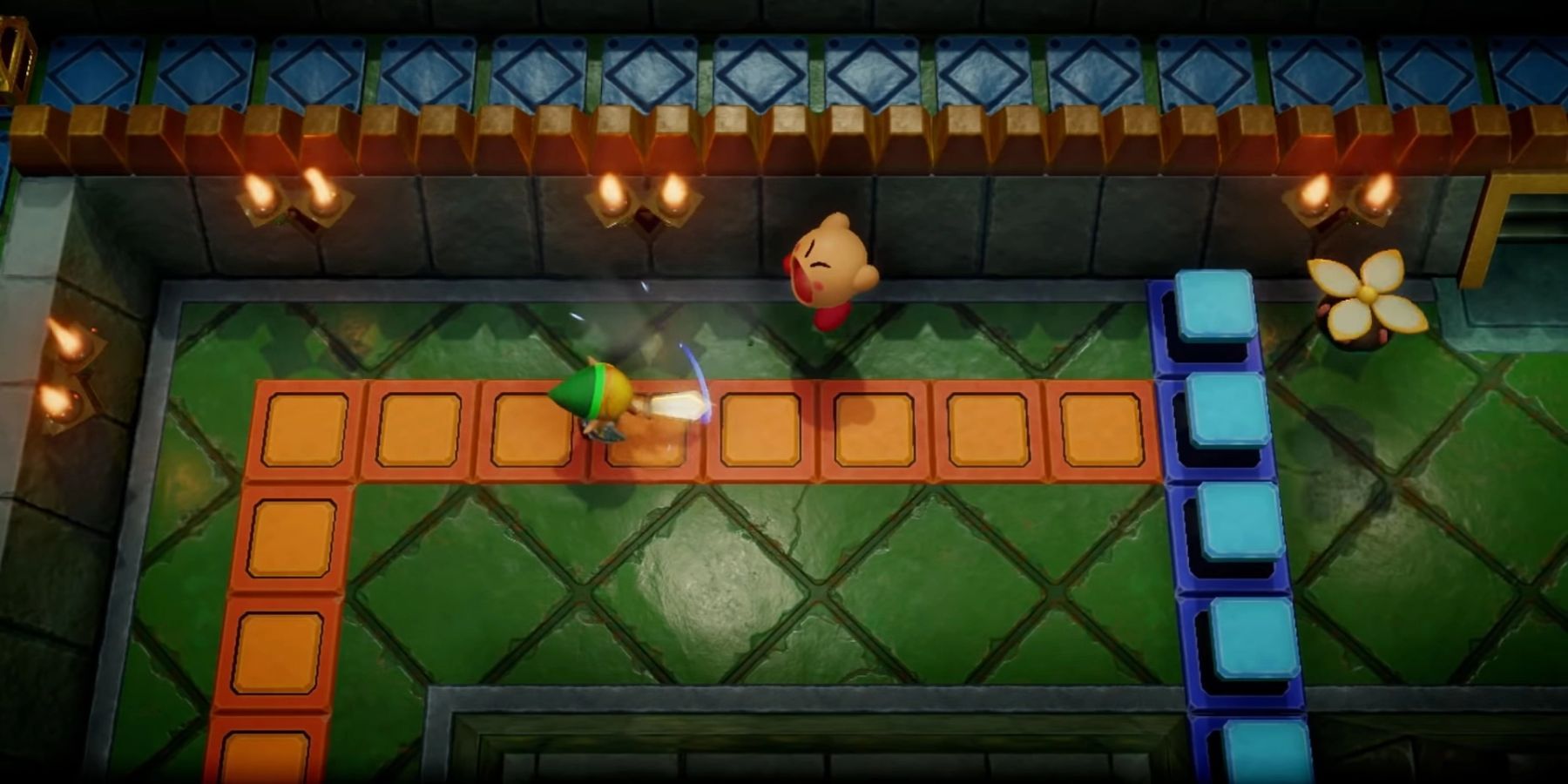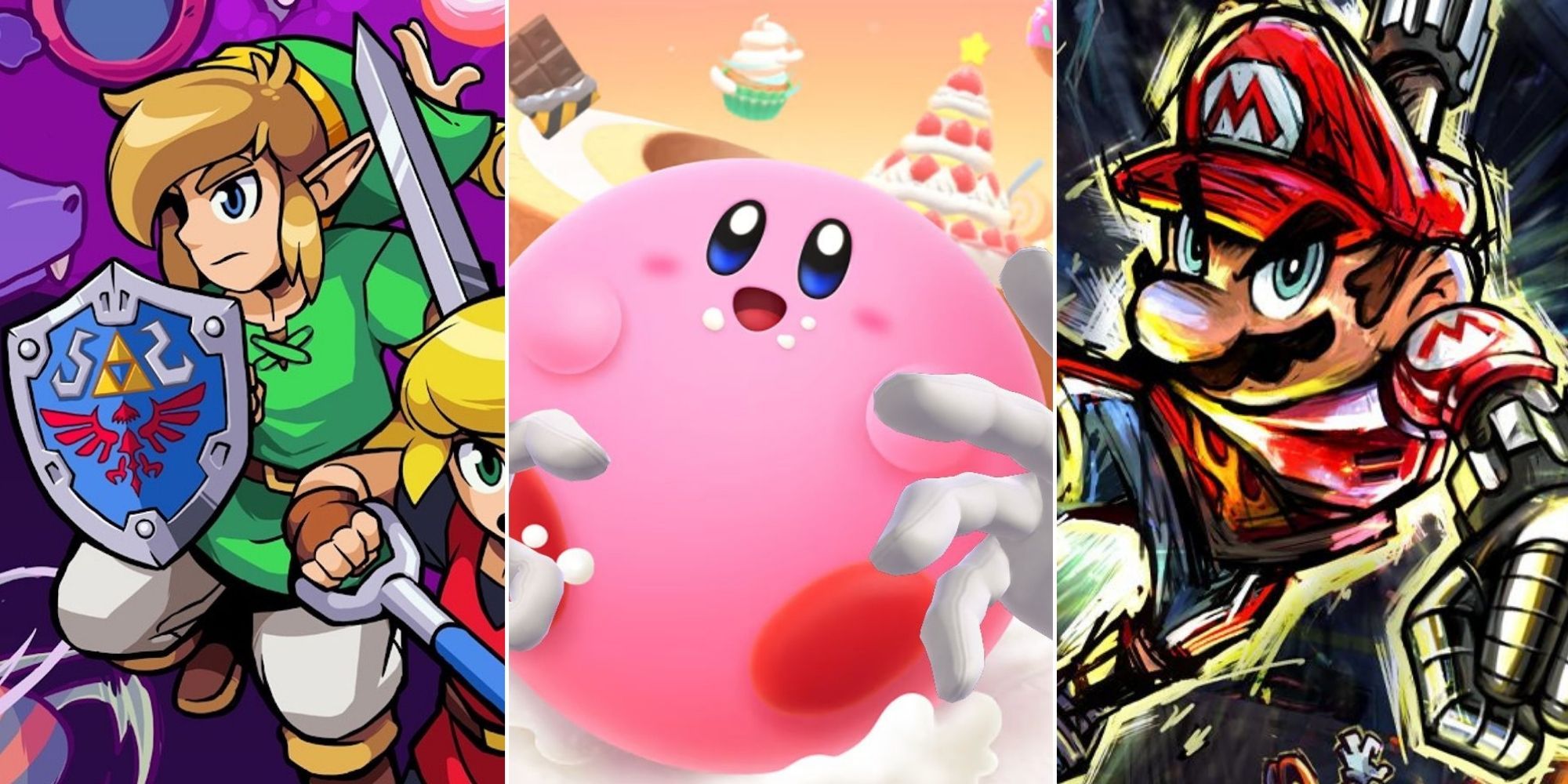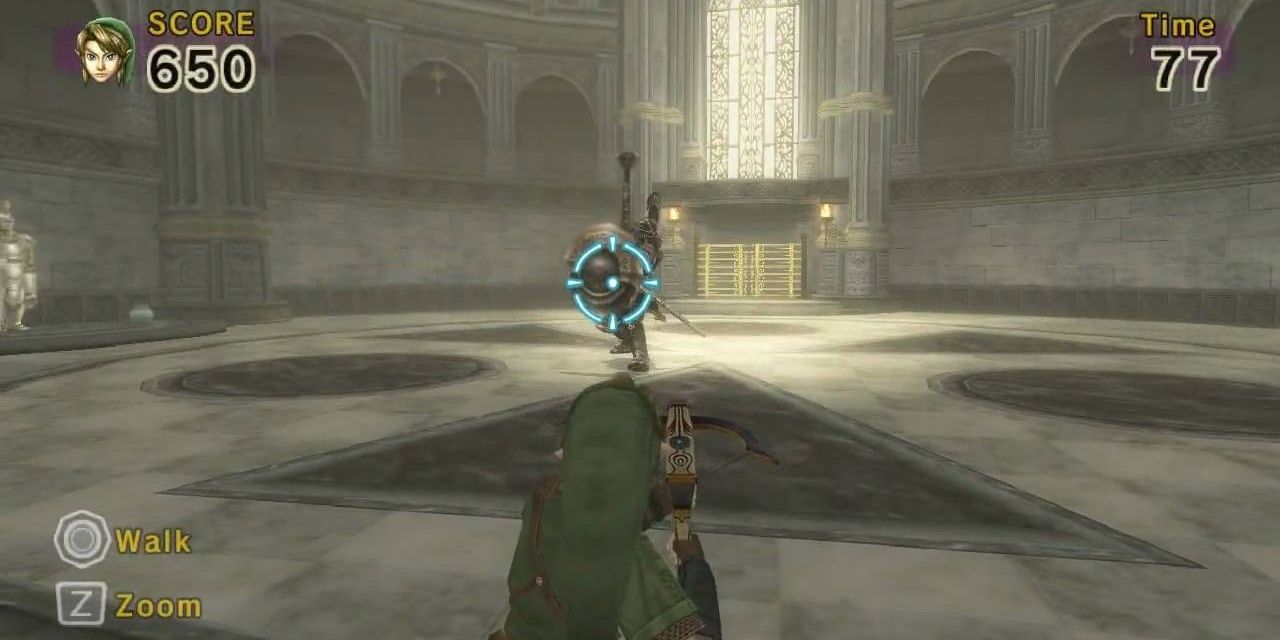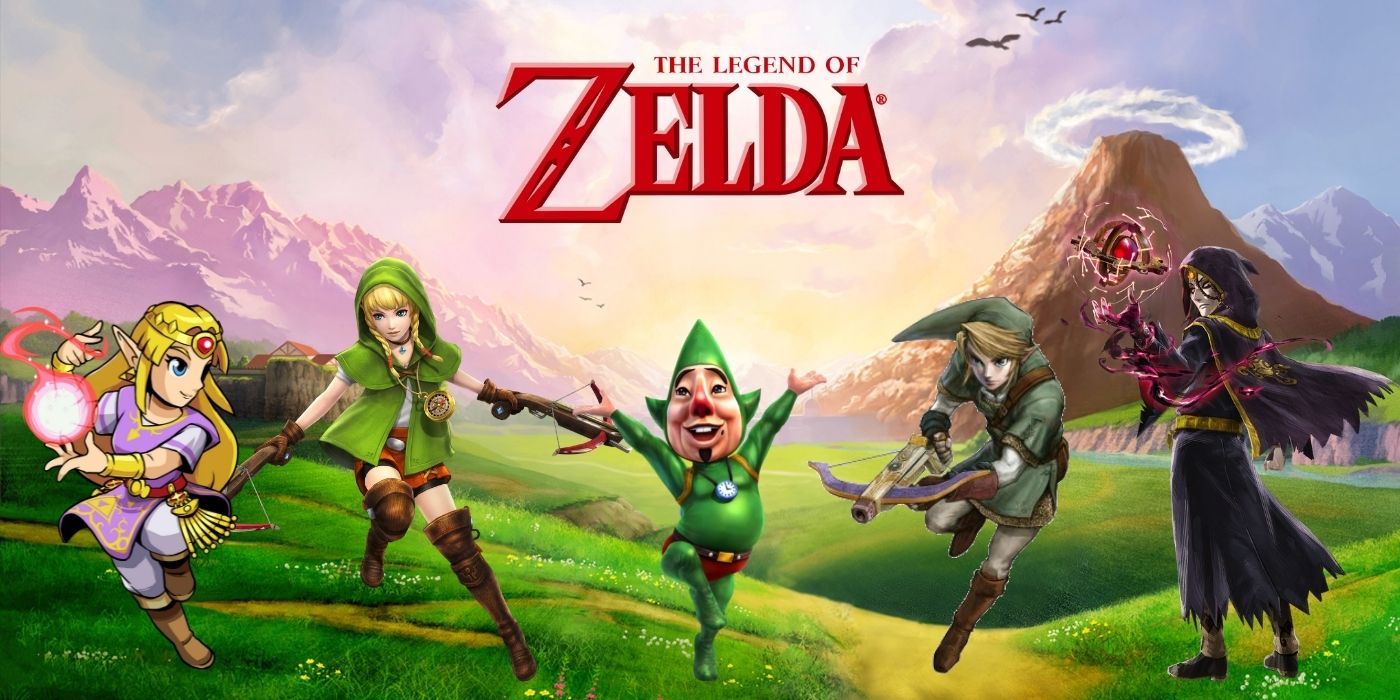In the thirty-six years the Legend of Zelda franchise has been around, there have been many games released in the franchise, though not as many as some might think. Counting every mainline game, remake, remaster, and spin-off, there have been around forty games in The Legend of Zelda. That's certainly higher than most video game franchises, but it seems low compared to the number of games with Mario or Pokemon branding. The Legend of Zelda is one of Nintendo's biggest franchises, but it isn't as omnipresent as some of its peers.
That may be due to a number of factors, including Nintendo's usual drive to maintain quality and the fact that Zelda is not treated like the mainstream-recognized face of gaming that Mario and Pokemon sometimes are. Rising costs of game development have also contributed to less Zelda games in the HD era, and the unification of Nintendo's handhelds and consoles in the Nintendo Switch further reduced what was being made. There are still Zelda titles and spin-offs coming out, but like Nintendo's other franchises, there's lots of room for Zelda games between bigger releases like Breath of the WIld 1 and 2. The solution may lie with Kirby, another first-party Nintendo franchise with roughly the same number of games but a more consistent release schedule.
Spin-Offs Are A Huge Part of Nintendo’s Mascot Franchises
Nintendo's biggest franchises are often expansive enough to have sub-franchises within themselves. Mario has Mario Party, Mario Sports, Mario RPG, and Mario Kart to name a few, and other games fall even outside these broad categories. Pokemon doesn't have any spin-off franchises that are quite so large, but there are still side games like Pokemon Ranger, various Pokemon puzzle games, the Pokemon Stadium and Colosseum titles, Pokemon Mystery Dungeon, and even the two Pokemon Snap games. Many of these have some presence on the Nintendo Switch alongside their major counterparts, giving alternate play experiences to fans or non-fans who are interested in something different.
While it may not have as many total games as the last two franchises, Kirby showcases how well this model can work. Kirby has reached his appendages into almost every game genre, including different types of puzzle games, fighting games, racing games, sports games, and lots of minigames that come packaged with larger Kirby titles. The Nintendo Switch alone holds Super Kirby Clash, Kirby Fighters 2, Kirby Star Allies, Kirby and the Forgotten Land, plenty of retro titles, and the recent Kirby's Dream Buffet. Since Kirby debuted in 1992, there have only been four years without a new entry in the series, and it took until 2021 for there to be a year with no Kirby games at all. The franchise has never rested on its laurels, and it has benefited greatly from that, especially on the Switch.
The Legend of Zelda Could Do With More Spin-Offs
Kirby's model is in stark contrast to how The Legend of Zelda does things. While there are a number of remasters, remakes, and spin-offs, most games are major adventures. Even if they're a departure from traditional gameplay, the standard quest format still stands. For this reason, a lot of games have scopes too large to be considered mere spin-offs like Super Kirby Clash and Kirby’s Dream Buffet. As obviously spun-off as they are, Four Swords, Four Swords Adventures, and Tri Force Heroes are still built-out games that will take players hours to explore and beat. While many Nintendo systems could be said to only have “lesser” Zelda titles, no one's going to call The Minish Cap a spin-off.
Only a few titles in the franchise can truly hold that moniker, and most of them lie in the distant past. The CDI Zelda trilogy, the LCD games, and the Satellaview titles are all very obscure and not counted among the rest of the series. It took until Link’s Crossbow Training on the Wii for another spin-off to come out in their tier of importance. The two Tingle DS games are both firmly in the realm of spin-offs, though they practically form a new series of their own.
There's also Cadence of Hyrule, which has the unique status of being a hybrid Zelda and Crypt of the NecroDancer spinoff. Finally, there are the two Hyrule Warriors games, both of which have epic narratives and impressive amounts of content. Even with ventures into other genres, most Zelda spin-offs are action-adventures with full campaigns just like their regular counterparts. As Kirby and friends have shown, there's so much more that can be done with the Zelda franchise than tread the same ground over and over.
How The Legend of Zelda Could Take After Kirby
The most direct way of following other Nintendo franchises’ Switch strategy is to enter more genres with an increased number of spinoffs. The Legend of Zelda franchise has a lot of potential for this, with infrastructure prepared for everything from a full fishing game to a thoroughly Kirby-esque party title using multiple Links. A proper The Legend of Zelda Maker could be released as a major spin-off in the vein of the Hyrule Warriors titles, or something new could be done with Tingle. There are lots of avenues for expansion, and tons of time to fill between major releases.
While the Zelda franchise doesn't strictly need this, it could propel it to even greater heights. Many old characters and enemies could be brought back in updated art styles like they were for the Paper Mario or Mario Party titles, and even more art styles could be experimented with. There have plenty of years when no Zelda games came out, which presents plenty of opportunity for Nintendo to both keep the Zelda name relevant and pad out its company-wide release schedule.
HAL Laboratory's work on Kirby has proven that a steady stream of quality spinoffs doesn't inherently fatigue in players, and major hits can potentially spawn series of their own. The Legend of Zelda is a name that inspires the same respect and adoration as Nintendo's most financially successful franchises, and it could benefit everyone if that was taken advantage of more often.




